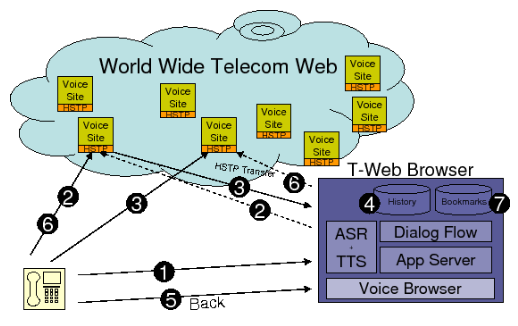IBM, Indian government test out 'Spoken Web' for job hunting

IBM and the Indian government have launched an effort to help millions of citizens find work via their mobile devices.
If this project is successful, IBM will try and emulate it in other emerging markets.
Under the terms of the partnership, IBM and Karnataka Vocational Training and Skill Development Corporation (KVTSDC) will aim to make mobile devices better job hunting tools. Karnataka is India's fastest growing state. In India, only 7 percent of the population has Web access, according to McKinsey. However, nearly everyone in India has a cell phone.
Here are the key details:
- IBM and KVTSDC will create a cloud computing platform to allow job hunters and companies to connect, train and certify workers in local languages.
- Candidates will be ranked and referred to jobs via mobile crowdsourcing.
- IBM will play matchmaker via skill analytics and employers can monitor supply and demand trend.
- The Indian government will pay IBM via a pay-as-you-go model.
The linchpin of this effort is something IBM calls the Spoken Web, also known as the World Wide Telecom Web. The system uses speech technology to allow people to create voice sites with their phones. The user gets a unique phone number---just like a URL---and other users can access the site. In a nutshell, the Spoken Web is the Web via voice.
Considering many emerging markets lack Web access, the Spoken Web is an interesting experiment. IBM said the first phase of the project will be implemented in two state districts and then expanded to eight more.
The Indian government's goal is to have 500 million skilled workers by 2022.
